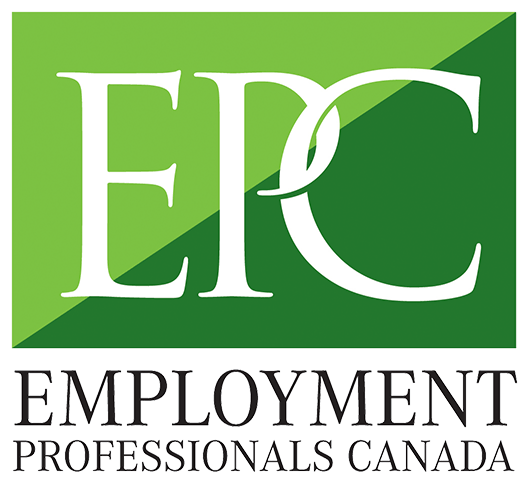As an employer, the interview is an opportunity to find out as much about a potential employee as possible. Do they have the skills to perform the duties of the job successfully? Will they fit in with the corporate culture? What are their long-term plans? There’s so much to cover even the most conscientious hiring manager can occasionally step over the line and ask something they shouldn’t. Or worse yet, ask something they are legally forbidden to ask.
Before 1990, you could ask all types of questions. But the creation of Human Rights Code, R.S.O. 1990, c H.19 put an end to this sort of freestyle investigation. Fast forward to 2017, and there are some very real, very legal, ramifications to asking a candidate an illegal question.
“Every person has a right to equal treatment with respect to employment without discrimination because of race, ancestry, place of origin, colour, ethnic origin, citizenship, creed, sex, sexual orientation, gender identity, gender expression, age, record of offences, marital status, family status or disability
What That Means for Employers
You can’t ask questions that force a potential hire to reveal information about themselves or their lives outside of the workplace you could then use against them in a biased manner when whittling down the list of candidates. Treating one candidate with a characteristic less favourably (or more favourably) is discrimination under the HRC.
Asked vs. Volunteered Information
Some interviews are formal, allowing for easy control over the information sought and provided. But some meetings can be less formal, more ‘chatty’ and in these situations a candidate might volunteer information. Despite the friendly nature of these of interviews, hiring managers must remain vigilant and aware of the potential for human rights violations and complaints, steering the conversation away from topics that have the built-in potential to land your company in hot water.
Questions to Avoid
- Age. You might be curious, but avoid asking their present age or what year they were born. A generalized, “are you between the ages of 18 and 65” is as close as you should get.
- Disability or Impairment. Asking how many sick days a candidate took in the last year will land you on the HRC’s radar. Stick to asking whether the candidate can perform the specific duties associated with this job.
- Gender/Sexual Identity. It’s never okay to ask a candidate about their gender or sexual identity. If you want to be certain your company is being inclusive, you can ask if candidate prefers to be addressed by a specific pronoun: She, He, They.
- Religion/Faith. Avoid questions that reveal a candidate’s religion or faith, including asking if they have an affiliation with a mandir, church, mosque, temple, etc.
- Ethnicity/Race/Nationality/Place of Origin. Refrain from asking about ethnic background, or if you’re conducting a phone interview, steer clear of inquiries about skin, eye or hair colour. Ethnicity and race are not always as clear-cut as you might expect and inquiry could mean trouble with the HRC.
Additional questions centering on an applicant’s arrest history, marital status, family members, political views or affiliations are all potential danger zones. You’ll have a better interview when you avoid these issues altogether.
Partnering With a Specialized Recruiter
Partnering with a specialized recruiter like Employment Professionals Canada is effective – finding top-level talent faster than you could yourself, and saving money in the process – because they do the screening so you are protected from potential HR violations. The staffing specialists at EPC are HR experts, up to date on current legislation and employer requirements.
Reach out to the HR specialists at Employment Professionals today for more information on how they can increase your flexibility without increasing your overhead.


